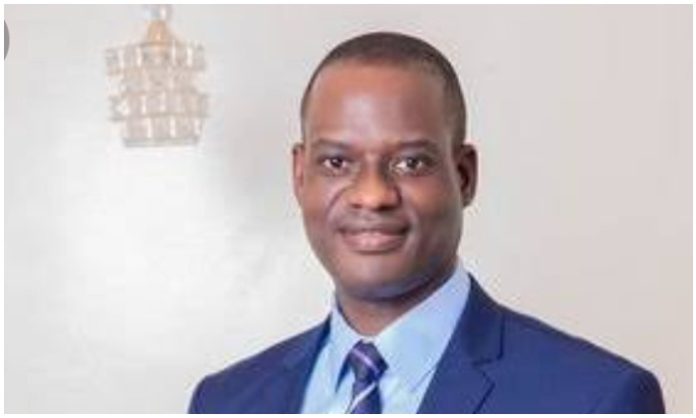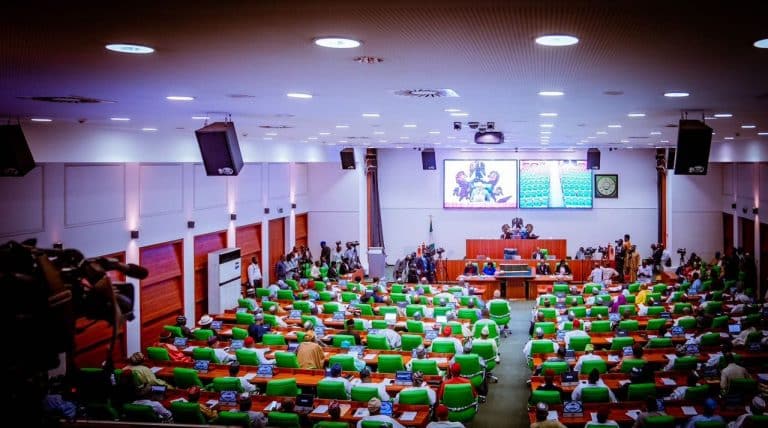Place your adverts here on InfoDig @ low rates; banner ads, sponsored links and guest articles etc. Contact us
The 36 state governors in Nigeria have jointly called for the immediate withdrawal of the National Tax Reforms Bill, marking a significant opposition to the tax overhaul proposed by President Bola Tinubu’s administration.
The governors, meeting at the National Economic Council (NEC), Nigeria’s top economic advisory body, urged a comprehensive review to address concerns over the bill’s potential impact.
The NEC meeting, chaired by Vice President Kashim Shettima at the State House in Abuja, involved detailed discussions on the bill’s provisions, with Oyo State Governor Seyi Makinde briefing journalists on the council’s resolutions. He noted that the governors advised a pause on the bill currently before the National Assembly to allow time for widespread consultation and consensus building across the nation.
“The council recommended the need to withdraw the bill for broader consultations, so that Nigerians understand the vision behind these tax reforms and the path it sets for the country’s economic direction.” Makinde stated.
President Tinubu’s tax reform plan, driven by the Taiwo Oyedele-led Presidential Fiscal Policy and Tax Reforms Committee, seeks to streamline tax processes, establish a unified revenue service, and reduce overlapping tax obligations across federal, state, and local levels. The reform comprises four executive bills aimed at boosting Nigeria’s tax-to-GDP ratio and harmonizing the tax system for more efficient revenue collection.
Despite these goals, the council’s decision follows resistance from the Northern Governors’ Forum, which recently opposed the bill’s proposal to shift the Value Added Tax (VAT) distribution model towards a derivation-based approach. The forum argued that this model could negatively impact economically disadvantaged northern states by favoring wealthier, more industrialized regions.
In response, Special Adviser to the President on Information, Bayo Onanuga, clarified that the reforms do not increase tax rates but focus on simplifying Nigeria’s tax frameworks to ease compliance and boost job creation. He emphasized that the reforms aim to unify tax administration across the federation to improve efficiency and equity.
Amidst the debate, both chambers of the National Assembly adjourned unexpectedly to November 19. The adjournment came amid mounting criticism from lawmakers and other stakeholders, signaling that further deliberation on the tax reform bill could be delayed.
The House of Representatives, while acknowledging the governors’ recommendations, stated it would evaluate the bill objectively, ensuring that it aligns with national interests.















